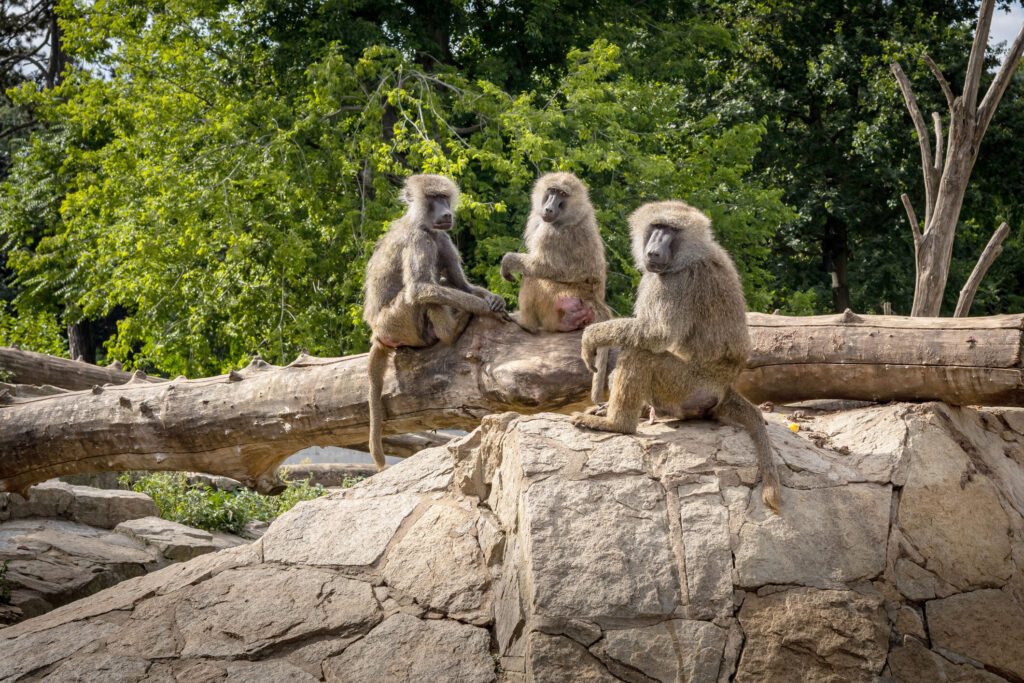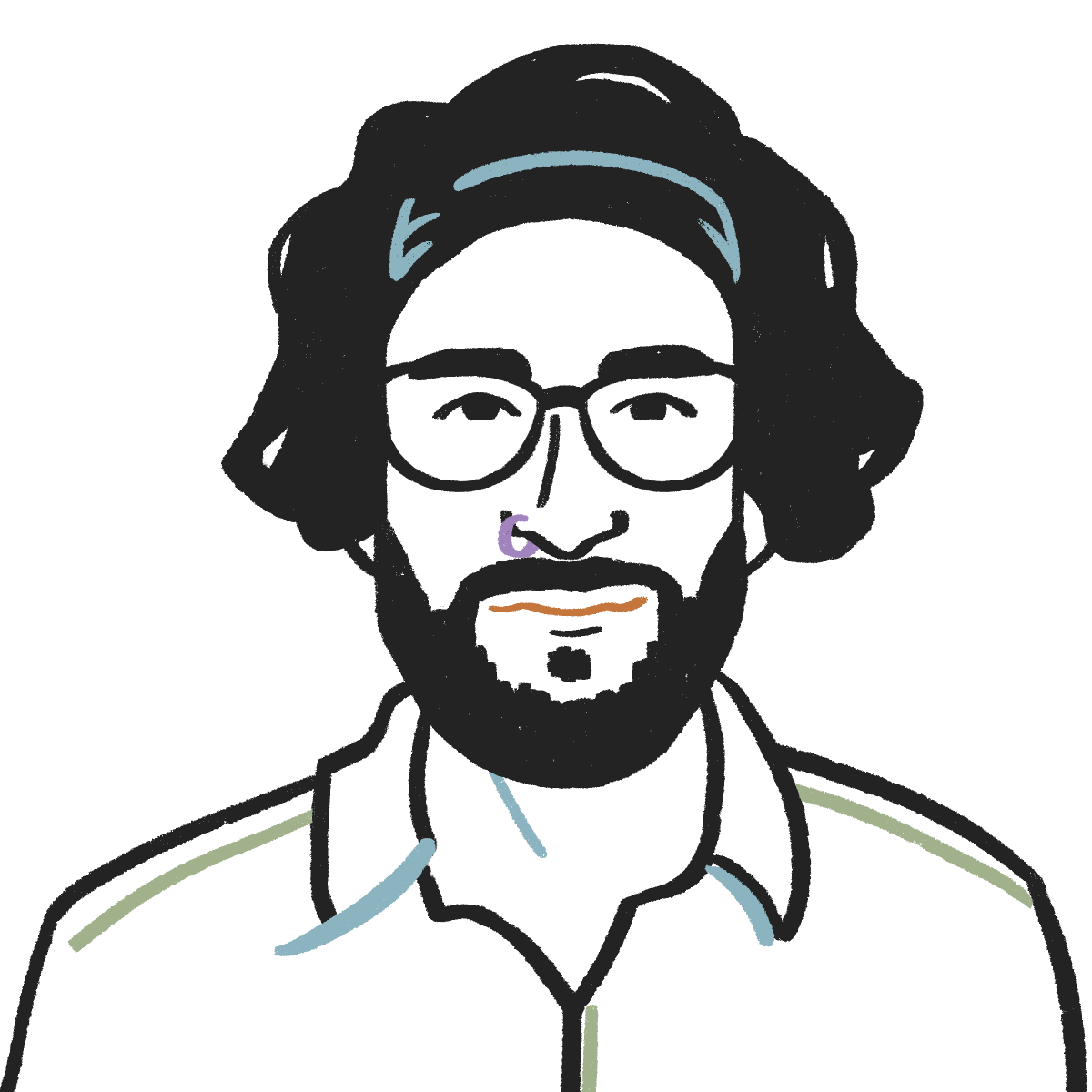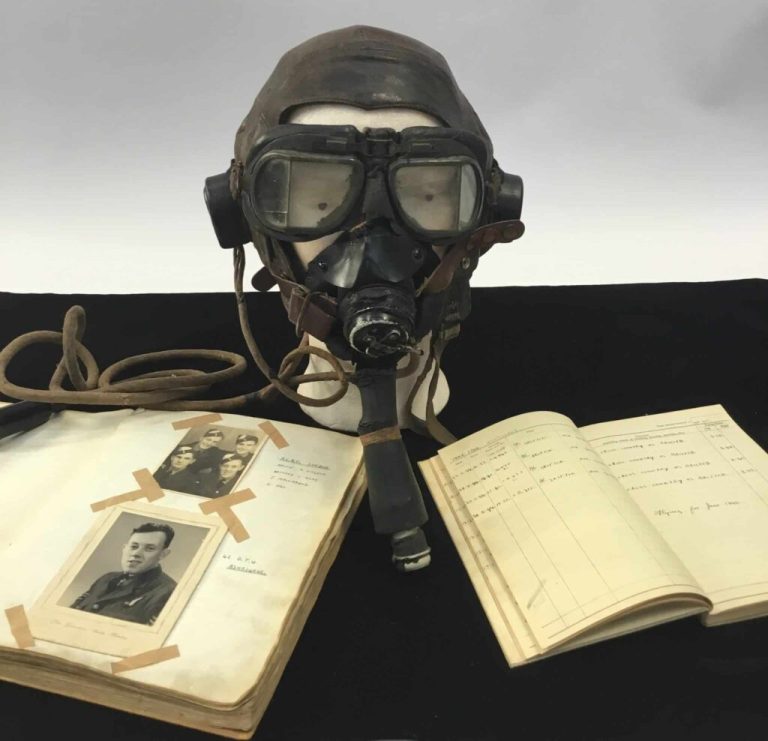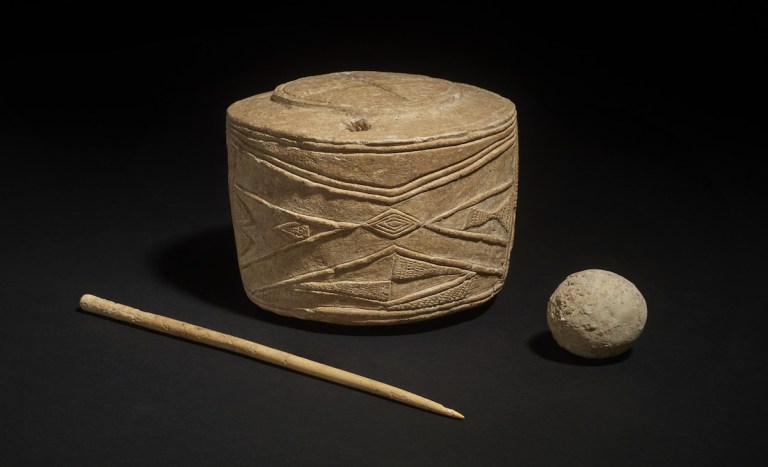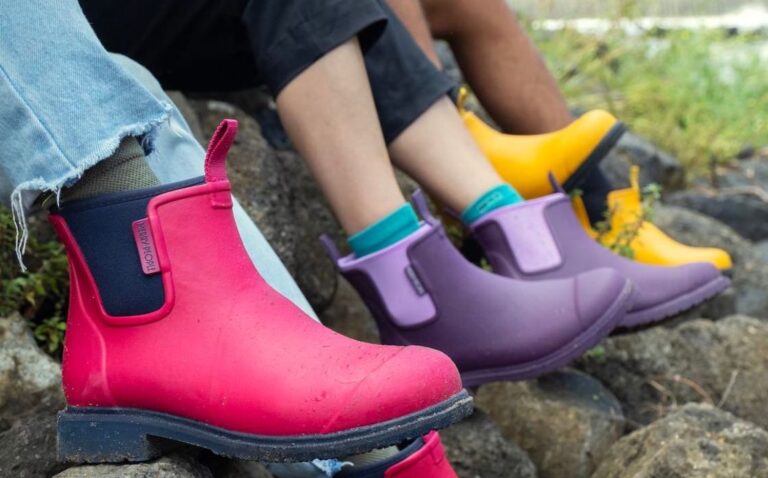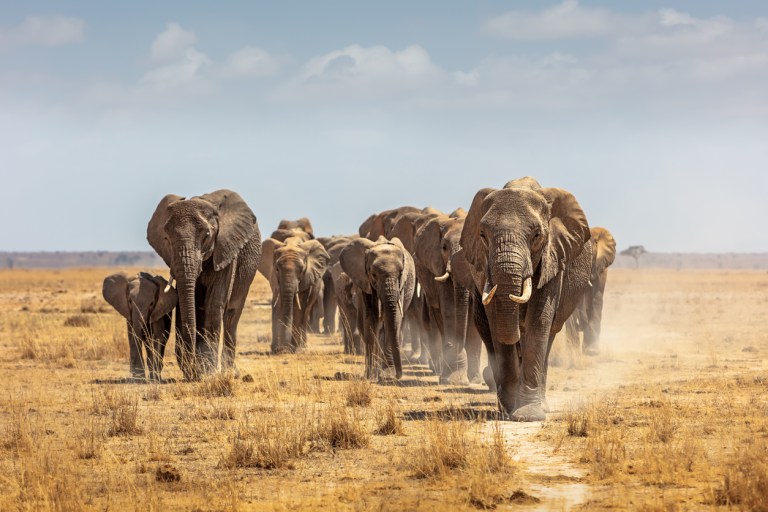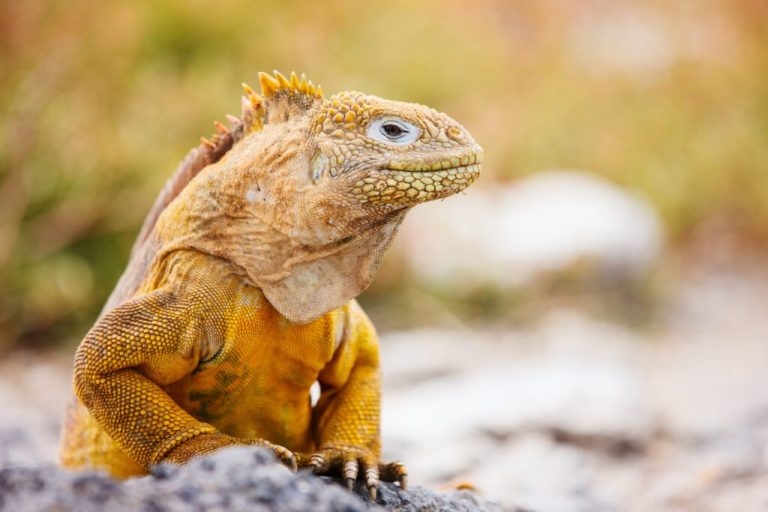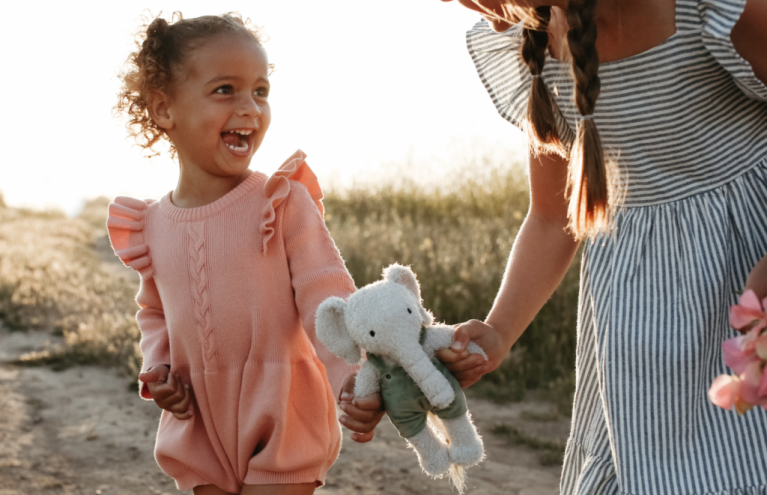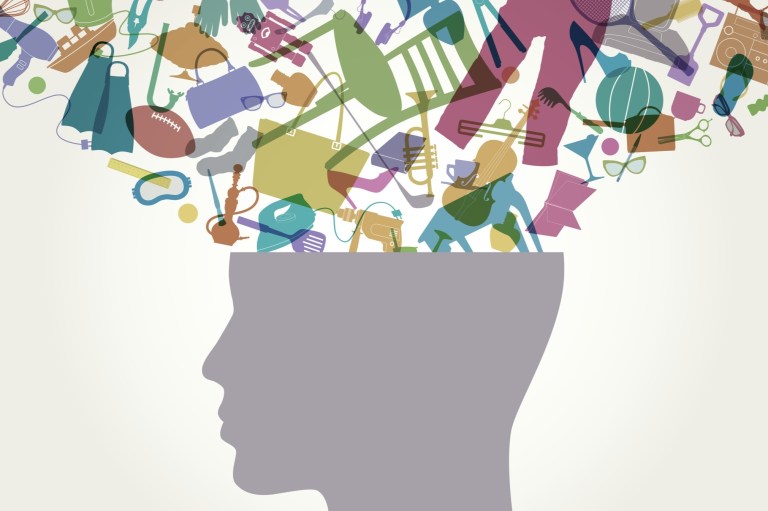The Beatles once sang, “I get by with a little help from my friends.” And per a recent study, that rings true not only for humans but also for primates, with whom we share more than 90% of our DNA.
A recent study published in the journal Science Advances revealed that establishing robust social connections in adulthood is so beneficial to baboons that it can mitigate the consequences of traumatic experiences during the animals’ early years, effectively counteracting negative impacts such as reduced lifespan.
Since 1971, experts have been collecting data on baboons as part of the Amboseli Baboon Research Project, examining the effects of early-life adversity and adult social connections on long-term survival. About 75% of the nearly 200 female baboons studied experienced at least one stressor while growing up, and 33% had two or more, according to a press release.
RELATED: Mammals That Have Strong Social Bonds Live Longer, Study Finds
The analysis confirmed previous research that the greater the number of hardships experienced, the shorter the mammals’ lifespans. Some had their lifespans reduced by as much as 5.6 years, a significant period of time considering that female baboons usually only live to the age of 18. The researchers showed that 90% of that decrease in survival could be attributed to early adversity itself.
However, the study also revealed that forming strong social bonds in adulthood had a positive impact on lifespan — potentially enough to reverse the adverse effects of trauma. Regardless of the hardships they faced in their early years, the baboons with strong social bonds (or friendships) added 2.2 years to their lives on average.

“It’s like the saying from the King James Apocrypha, ‘a faithful friend is the medicine of life,’” senior author Susan Alberts said in the release.
Weak social bonds were found to amplify the effects of early-life adversity, though, indicating that the quality of social connections plays a crucial role in helping to heal early trauma.
“We found that both early life adversity and adult social interactions affect survival independently,” said the study’s first author, Elizabeth Lange. “That means that interventions that occur throughout the lifespan could improve survival.”
While the study focused on friendships between baboons, these findings could have implications for humans as well, though further research would be required.
“If you did have early life adversity, whatever you do, try to make friends,” Alberts concluded.
How to make new friends as an adult
Marisa G. Franco is a psychologist and bestselling author of Platonic: How the Science of Attachment Can Help You Make — And Keep — Friends. In the TED Talks video below, she discusses science-backed suggestions for establishing and nurturing adult friendships, using tips like her “acceptance prophecy” and “the theory of chums.”
